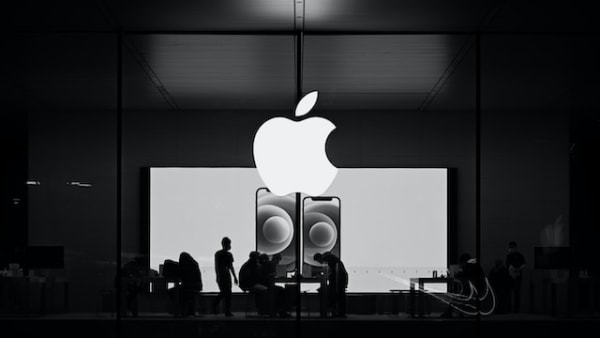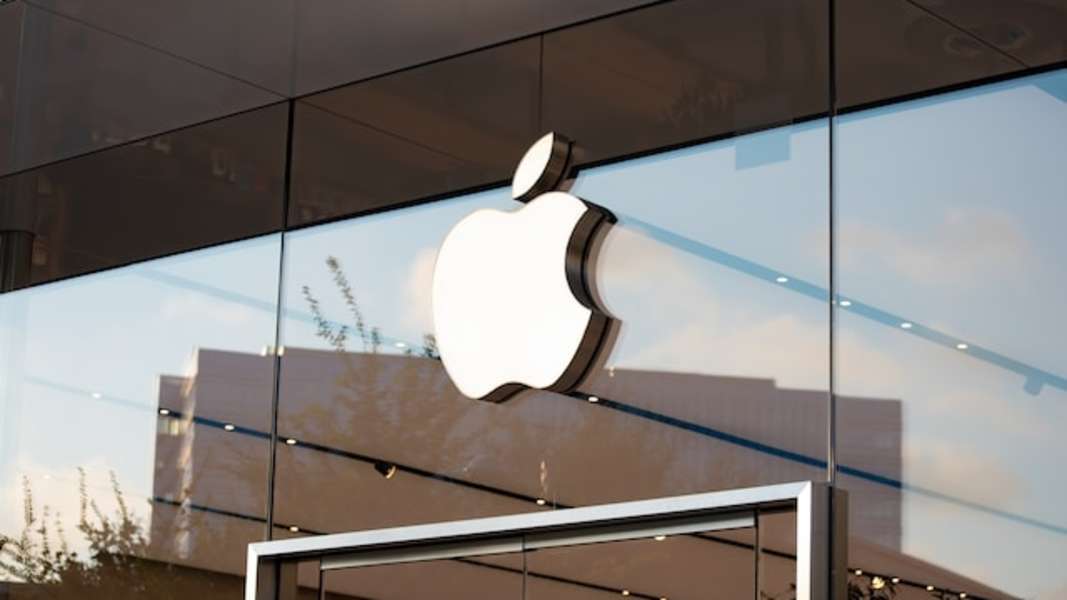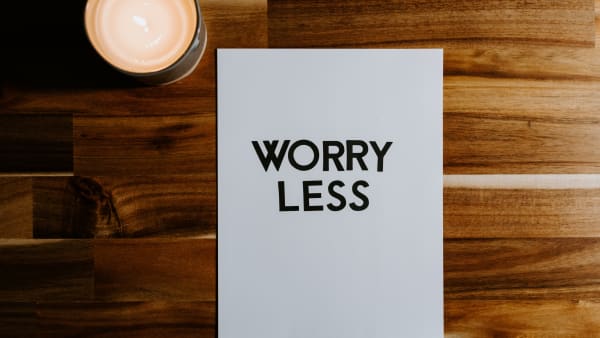Apple is renowned for its innovative products and strong corporate culture. Landing a job at Apple can be a dream come true for many professionals.
The interview process at Apple is designed to assess your technical skills, problem-solving abilities, and cultural fit with the company.
In this article, we will discuss what to expect during the different interview stages, types of questions to prepare for, and provide a range of Apple interview questions with sample answers.
What Interviews Should You Expect At Apple?
Apple's interview process typically consists of several stages, which may include:
- Initial phone screening: This interview is conducted by an Apple recruiter and focuses on your background, experience, and motivation for applying. It serves as a preliminary assessment to determine if you are a suitable candidate for the role.
- Technical phone interview: If you pass the initial screening, you may be invited to a technical phone interview with a hiring manager or team member. This interview will focus on your technical skills and problem-solving abilities relevant to the role.
- On-site interviews: Successful candidates are invited to on-site interviews, which may consist of multiple rounds with different team members and managers. These interviews assess your technical skills, problem-solving abilities, and cultural fit with Apple. You may be asked to participate in a whiteboarding session or complete a coding challenge.
What Types of Questions Should You Prepare For?
Behavioral questions: focus on your past experiences, how you have handled specific situations, and your ability to work in a team.
Technical questions: assess your technical knowledge, problem-solving abilities, and experience with relevant tools and technologies.
Situational questions: present hypothetical scenarios to evaluate your decision-making, problem-solving, and communication skills.
Cultural fit questions: are designed to assess your alignment with Apple's values, work style, and corporate culture.
Apple Interview Questions With Sample Answers
Behavioral Questions
Behavioral questions tend to begin with explaining a time when you demonstrated a certain behavior or trait that Apple values. For these types of questions you should understand Apple's core values and think of different ways you've demonstrated these in previous roles.
Question: Tell me about a time when you had to work with a difficult team member. How did you handle the situation?
Sample Answer: In a previous role, I worked with a team member who was often unresponsive to emails and missed deadlines. I approached them privately to discuss the issue and discovered they were overwhelmed with their workload. We discussed strategies for better time management and prioritization, and I offered my support to help them get back on track. As a result, our communication improved, and the team member started meeting deadlines consistently.
Question: How do you handle competing priorities and tight deadlines?
Sample Answer: When faced with competing priorities, I start by evaluating each task's urgency, importance, and impact on the project or team. I then create a prioritized to-do list and set realistic deadlines for each task. I also communicate with my manager and team members about my workload, making sure everyone is aware of potential bottlenecks or delays.
To stay on track, I break down larger tasks into smaller, manageable steps and allocate specific time slots for focused work. This approach allows me to stay organized, maintain productivity, and ensure that I am meeting deadlines without compromising the quality of my work.
Technical Questions
For technical questions, you should review the job specification and come up with a list of challenging technical topics to study and sharpen your knowledge up on.
Question: How would you optimize an algorithm to find the largest element in an unsorted array?
Sample Answer: One approach to optimize the algorithm is to use a linear search, iterating through the array once and keeping track of the largest element found so far. This method has a time complexity of O(n), which is the best possible for finding the largest element in an unsorted array, as you need to examine each element at least once.
Question: How do you stay updated on the latest developments in technology and industry trends?
Sample Answer: I follow various blogs, podcasts, and social media accounts that focus on my areas of expertise and interest. I also subscribe to relevant newsletters and participate in online forums and professional communities where I can engage in discussions and learn from others in the field. Additionally, I attend industry conferences and workshops to network with peers and stay informed about the latest trends and advancements in technology.
Situational Questions
Situational questions assess your judgement, ethics and personality - they are often based on hypothetical situations to assess how you might respond.
Question: Imagine you are working on a project with a tight deadline, and you realize that a critical feature is missing. How would you handle this situation?
Sample Answer: First, I would assess the impact of the missing feature on the project's goals and determine its priority. If the feature is critical to the project's success, I would discuss the issue with my manager and the team, outline the additional time and resources needed, and propose a plan to implement the feature without compromising the overall timeline. I would also consider any possible alternatives or workarounds to address the issue and minimize the impact on the project's deadline.
Question: Describe a situation where you had to learn a new technology or tool quickly. How did you approach it?
Sample Answer: In my previous role, our team decided to adopt a new project management tool to streamline our workflow. As the lead developer, I was responsible for getting up to speed with the tool and training the rest of the team. I started by reviewing the official documentation and exploring the tool's features and functionality. I then practiced using the tool by setting up a sample project and experimenting with different scenarios. Once I felt confident in my understanding, I created a step-by-step guide and conducted a training session for my team members to ensure a smooth transition.
Cultural Fit Questions
Apple is well known for its culture of innovation. It's likely you'll be asked a series of cultural fit questions to determine if you'll be a good fit for the company.
Question: Apple is known for its culture of innovation. Can you share an example of when you contributed to a project that involved innovation or creative problem-solving
Sample Answer: In my previous role as a software engineer, I was part of a team tasked with improving the performance of our company's e-commerce platform. We discovered that the site's search functionality was causing slow load times and a poor user experience. To address this issue, I proposed implementing a more efficient search algorithm and caching system to reduce server load and improve response times. My team and I worked together to research, design, and implement the new solution, which resulted in a significant improvement in site performance and overall user satisfaction.
Conclusion
Preparing for an Apple interview requires a thorough understanding of the company's culture, values, and expectations for your role.
By anticipating the types of questions you may be asked and practicing your answers, you can increase your confidence and perform at your best during the interview.
Remember to focus on showcasing your technical skills, problem-solving abilities, and cultural fit with Apple, and use the sample answers provided in this article as a guide for crafting your responses.






